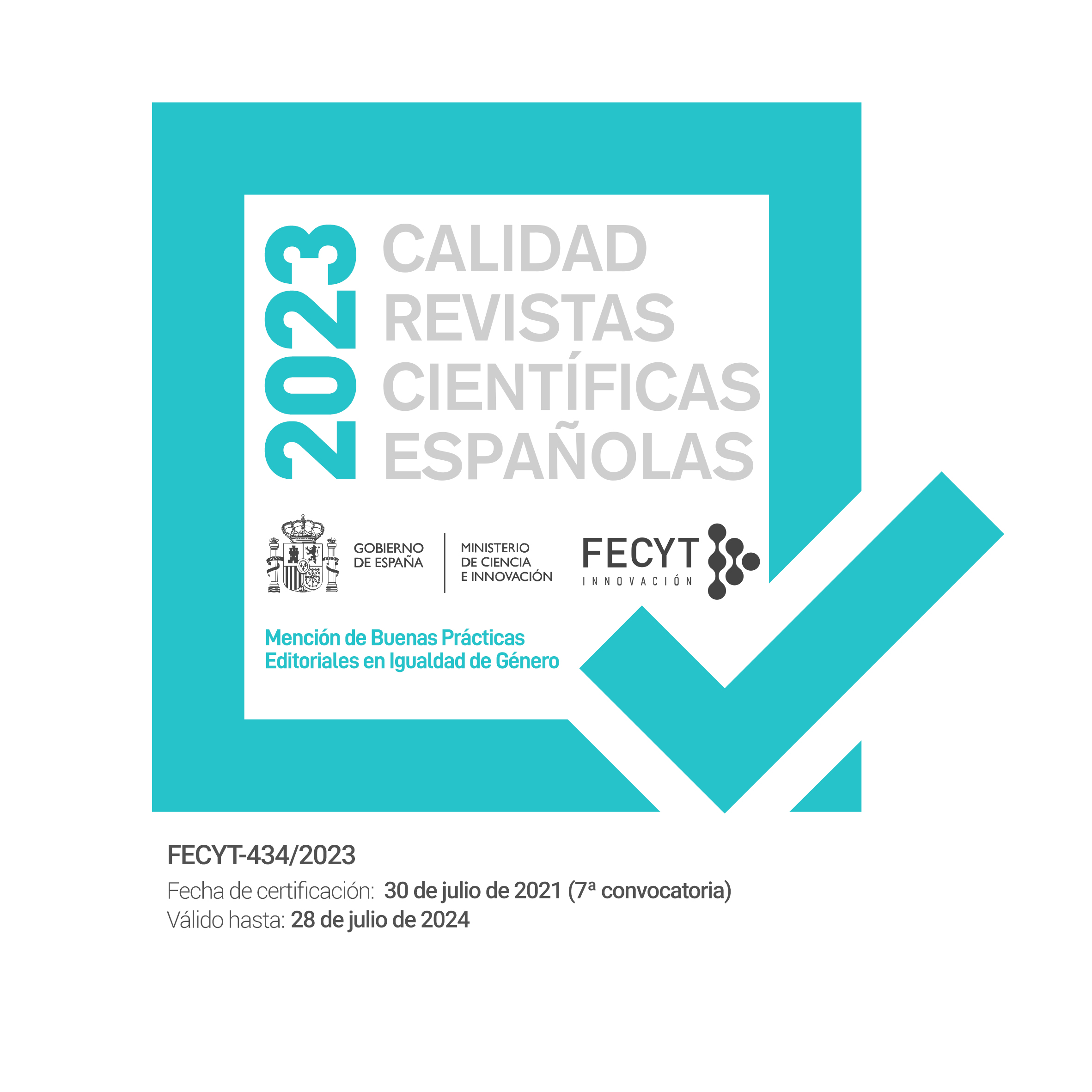Mobility, Refugees and the law in the Roman World
Keywords:
Roman world, migratory policies, Roman law, refugeesAbstract
In the Roman world, central or local authorities never issued general rules concerning migratory flows and the protection of their territory. The very notion of migrant cannot be translated: the Latin words rather designate situations of mobility without prejudging the status of the person moving. However, apart from certain panegyrics that describe the Roman world as a fluid one, the sources make it possible to establish the existence of multiple measures taken to control or protect certain categories of people, according to various logics (fight against tax evasion, maintenance of public order, or protection of symbolic spaces). But can we speak of migration policies? After a brief examination of this question, which allows us to establish that the ancients clearly distinguished between legal and clandestine, useful and useless mobility, the article analyzes more precisely the procedures required, under the Republic and the Empire, to request asylum: whether it concerned exiles, deserters, barbarian refugees, they all related to ius and to fides, in a way that make it possible to better distinguish between refugees and deported, but also between hospitality and asylum.
Keywords: Roman world; migratory policies; Roman law; refugees.
References
Barbero, Alessandro. Immigrati, profughi, deportati nell'impero romano. Roma, 2007.
Benveniste, Emile. Le vocabulaire des institutions indo-européennes. I.économie, parenté, société. Paris, 1966.
Broadhead, William. "Rome and the mobility of the Latins: problems of control." La mobilite ́ des personnes en Méditerranée, de l’Antiquite ́ à l’époque moderne: Procédures de contrôle et documents d’identification. Ed. Moatti, Claudia. Rome (2004):315–335.
Carrié, Jean Michel. “Aspetti della concettualizzazione romana della frontiera.” Frontiere della Romanità nel mondo tardoantico. Appartenenza, contiguità, alterità tra normazione e prassi. Accademia Romanistica Costantiniana, XXI Convegno Internazionale. Perugia (2016):1-38.
Chaniotis, Angelos. “Conflicting Authorities. Greek Asylia between Secular and Divine Law in the Classical and Hellenistic Poleis.” Kernos, 9 (1996):65-86.
Chrysos, Evangelos. “Conclusion:de foederatis iterum.” Kingdoms of the Empire. Ed. Pohl, Walter. Leyde (1997):185-206.
Delaplace, Christine. La fin de l’Empire romain d’Occident. Rome et les Wisigoths de 382 à 531. Rennes, 2015.
Dietz, Maribel. Wandering Monks, Virgins and Pilgrims in the Mediterranean World. Ascetic Travel in the Mediterranean World, A.D. 300–800. University Park, Pennsylvania, 2005.
Fournier, Julien. "Rome et l’administration judiciaire provinciale." Rome et l’Occident (IIe s. av. – IIe s. apr. J.-C.). Gouverner l’Empire. Ed. Hurlet, Frederic. Rennes (2009): 207-227.
Fournier, Julien. Entre tutelle romaine et autonomie civique. L’administration judiciaire dans les provinces hellénophones de l’Empire romain (129 av.J.C.-235 apr. JC). Athènes, 2010.
Freyburger, Gerard. "Le droit d’asile à Rome." Etudes Classiques 60 (1992):139-151.
Gagliardi, Lorenzo. Mobilità e integrazione delle persone nei centri cittadini romani. Aspetti giuridici. I -- La classificazione degli incolae. Milan, 2006.
Gardner, Jane. “Proofs of Status in the Roman World.” Bulletin of the Institute of Classical Studies 33 (1986):1–14.
Grelle, F. “Città e trattati nel sistema romano imperiale.” I trattati nel mondo antico: forma, ideologia, funzione. Eds. Canfora, Luciano, Liverani, Mario e Zaccagnini, Carlo. Rome (1990): 237-256.
Heather, Peter. “Refugees and the Roman Empire.” Journal of Refugee Studies 2 (2017): 220–242.
Heather, Peter. Goths and Romans 332-489. Oxford, 1991.
Krample, Christoph. Proculi Epistulae. Karlsrudhe, 1970.
Lamberti, Francesca. "Gli Ubii a Roma." Etrangers dans la cité romaine: Habiter une autre patrie: des incolae de la République aux peuples fédérés du Bas-Empire. https://books.openedition.org/author?name=compatangelo-soussignan+rita">Compatangelo-Soussignan, Rita, et https://books.openedition.org/author?name=schwentzel+christian-georges"> Schwentzel, Christian George. Eds. Rennes (2015): 201-221.
Liebeschuetz, Wolf. “Cities, Taxes and the Accomodation of the Barbarians. The Theories of Durliat and Goffart.” Kingdoms of the Empire, The Integration of Barbarians in Late Antiquity. Pohl, Walter. Ed. Leiden, New York et Cologne (1997):131-151.
Moatti, Claudia. “Immigration and cosmopolitanization.” The Cambridge Companion to Ancient Rome. Erdkamp, Paul. Ed. Cambridge (2013): 77-92.
Moatti, Claudia. "La mobilité négociée : le cas des marchands étrangers à la fin de l’Antiquité." Le relazioni internazionali nell’alto mediovevo. Settimana di Spoleto LVIII (2011):159-188.
Moatti, Claudia. "Le contrôle des gens de passage à Rome aux trois premiers siècles de l’Empire." Gens de passage dans les villes de la Méditerranée, de l’Antiquité à l’époque moderne. Procédures de contrôle et d’identification. Moatti, Claudia, et Kaiser, Wolfgang. Eds. Paris (2007): 79-116.
Moatti, Claudia. "Les erreurs de statut et l’idée de liberté dans l’espace judiciaire romain jusqu’au IIIe siècle de notre ère." Recht haben und Recht becommen im Imperium Romanum, Konferenzserie III. Das Gerichtswesen der Ausgehenden spätantike. The Journal of Juristic Papyrology. Supplement XXVI. Warschau (2016): 523-559.
Modéran, Yves. "L’établissement des barbares sur le territoire romain à l’époque impériale." La Mobilité des personnes en Méditerranée, de l'Antiquité à l'Époque moderne. Procédures de contrôle et documents d'identification. Moatti, Claudia. Ed. Rome (2004): 33-397.
Pohl, Walter. “The Empire and the integration of Barbarians.” Kingdoms of the Empire, The Integration of Barbarians in Late Antiquity. Leiden, New York et Cologne (1997): 1-25.
Prim, Joëlle. "Vie religieuse au VIe siècle av. J.-C. et topographie urbaine." Mélanges de l'École française de Rome – Antiquité
http://journals.openedition.org/mefra/2093
Reinhold, Meyer. “Usurpation of status and status symbols in the Roman Empire.” Historia (1971): 275-302.
Rigsby Kent. J. Asylia: Territorial Inviolability in the Hellenistic World {Hellenistic Culture and Society XXII). University of California, 1996.
Sainte-Croix, Geoffrey. Class Struggle in the Ancient Greek World from the Archaic Age to the Arab Conquests. Cornell University, 1981.
Sanchez, Pierre. "La convention judiciaire dans le traité conclu entre Rome et les Lyciens (P.SchÆyen I 25)." Chiron 37 (2007): 363-381.
Sanz, Anthony Marc. "La deditio : un acte diplomatique au cœur de la conquête romaine." La diplomatie romaine sous la république : réflexions sur une pratique. Besançon (2015): 87-105.
Wirth, Gerhard. "Rome and its Germanic Partners in the 4th century." Kingdoms of the Empire. The Integration of Barbarians in Late Antiquity. Leiden, New York et Cologne (1997): 13-56.
Wolf, Catherine. Déserteurs et transfuges dans l'armée romaine à l'époque républicaine. Naples, Jovene, 2009.









